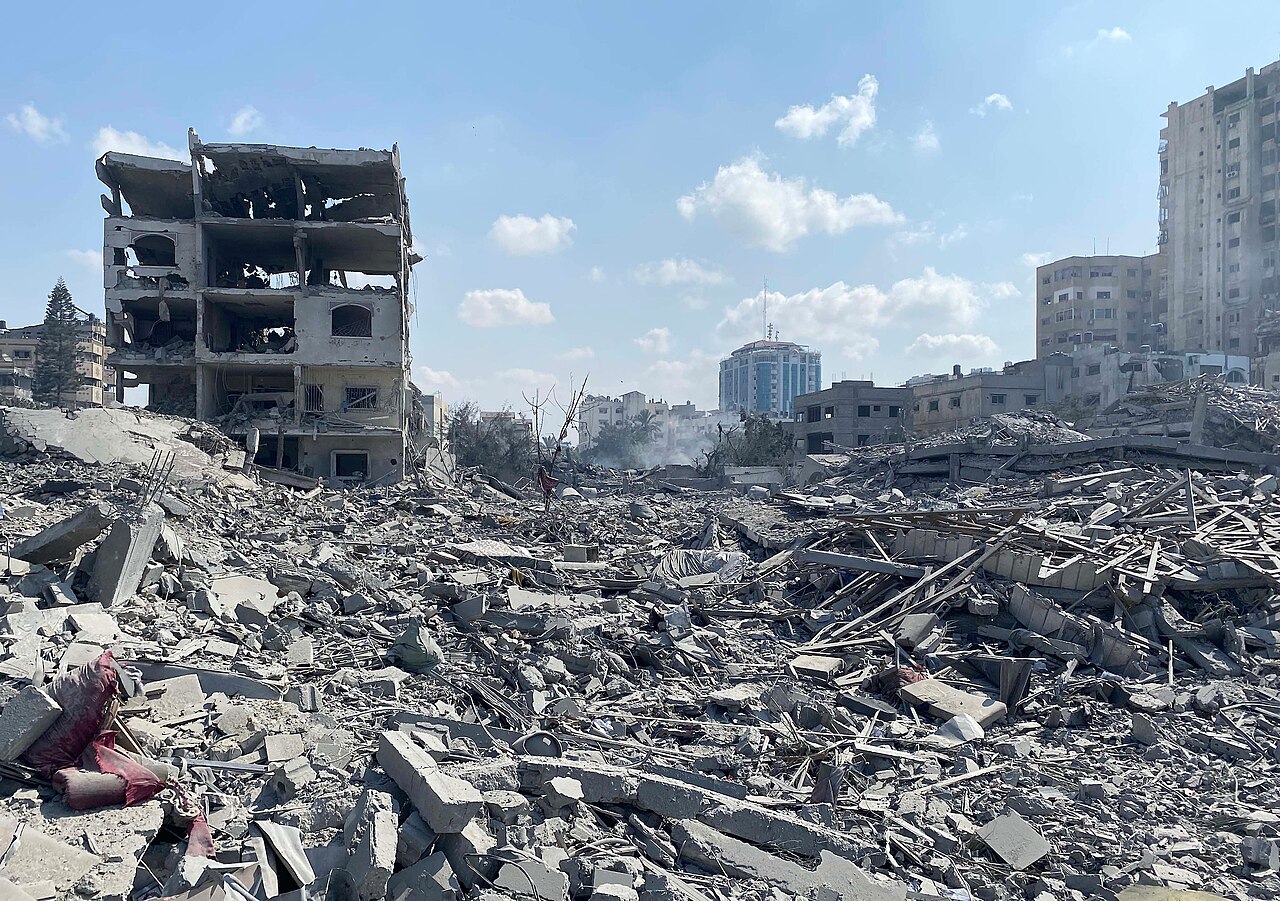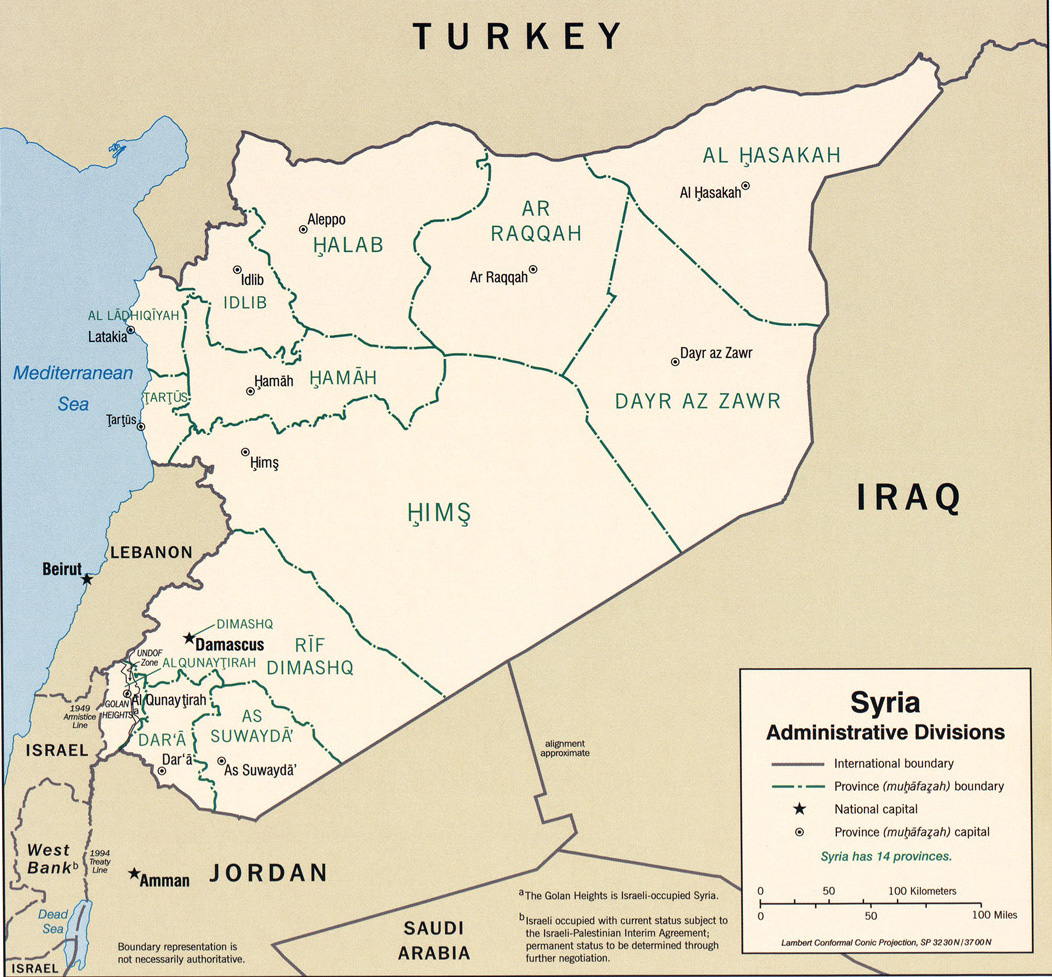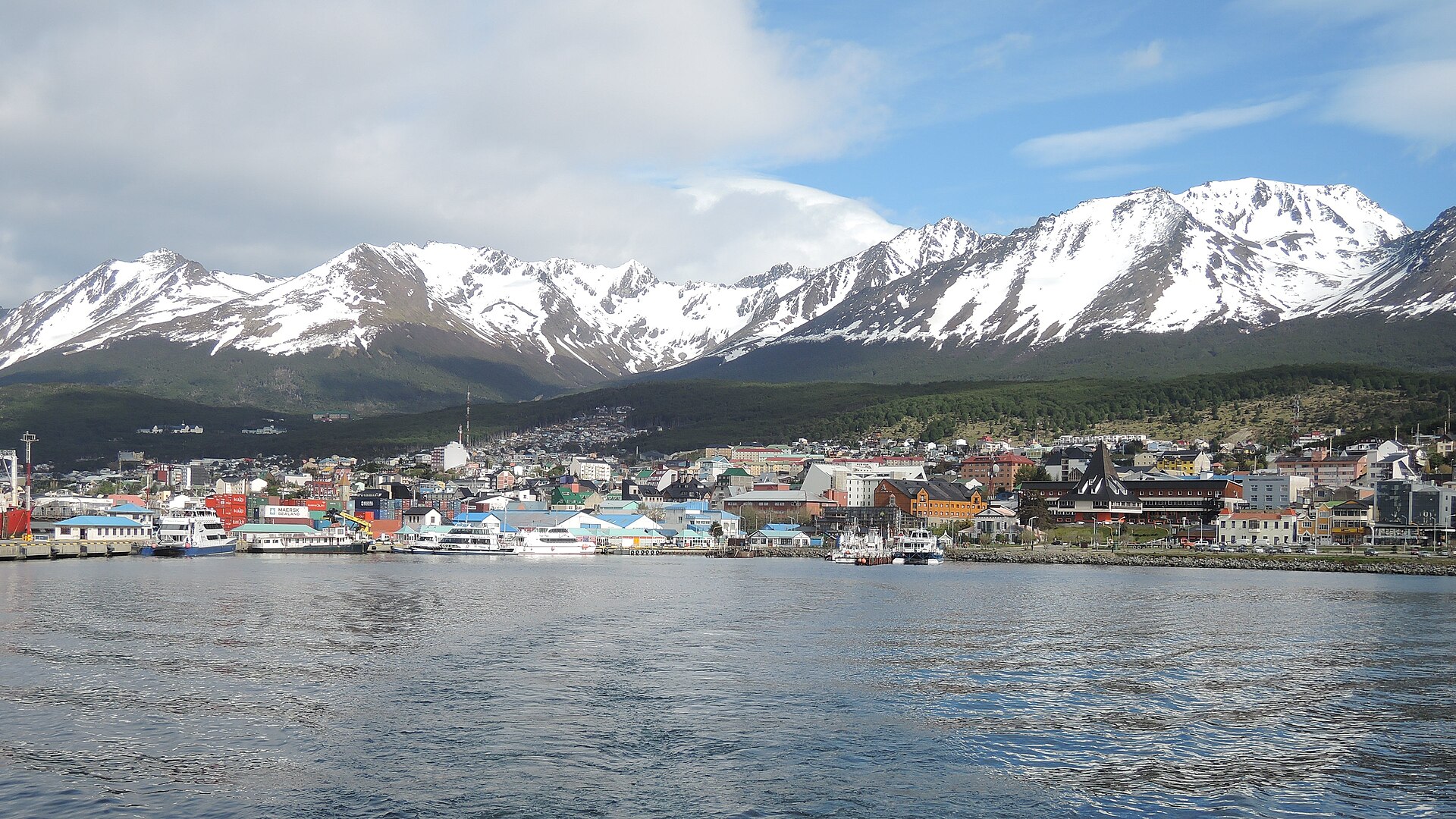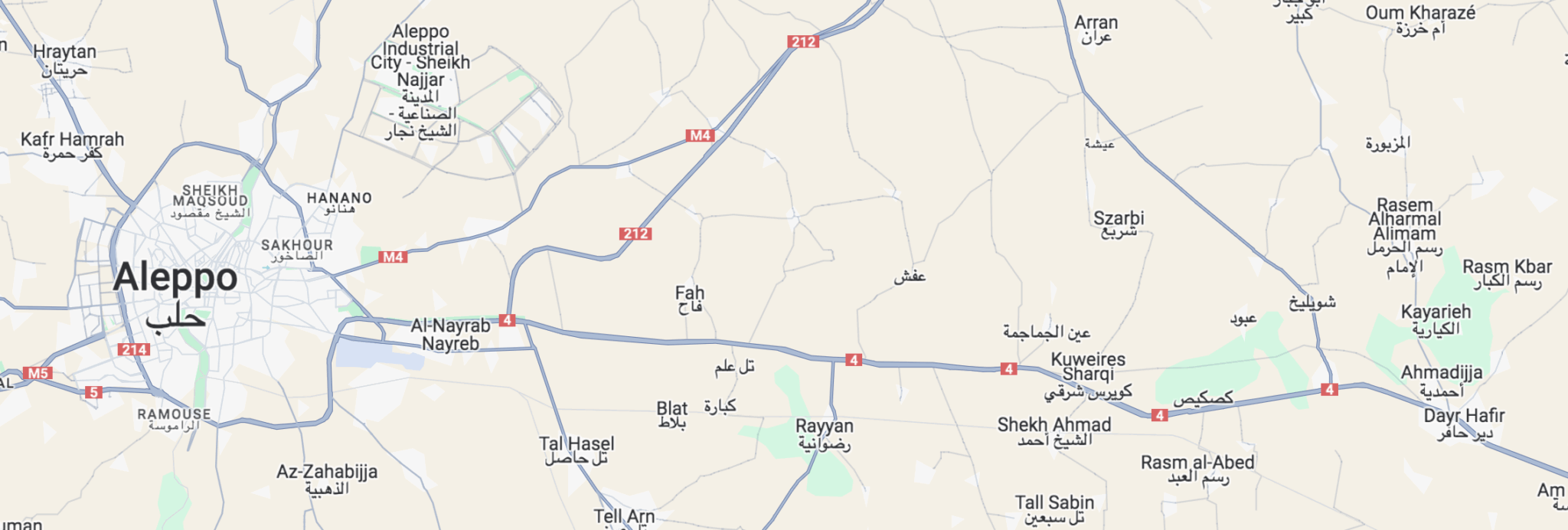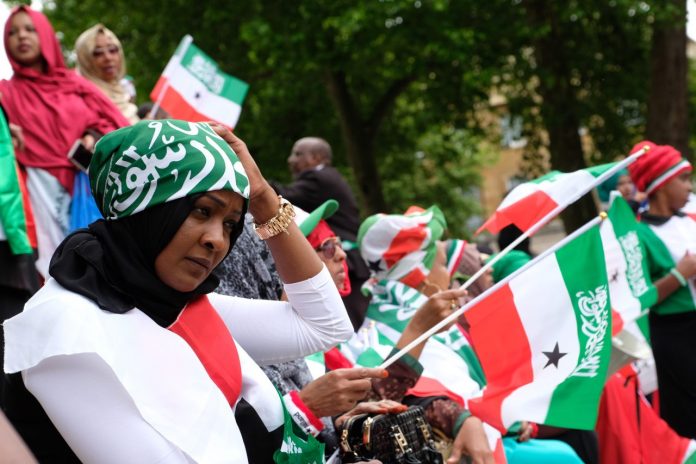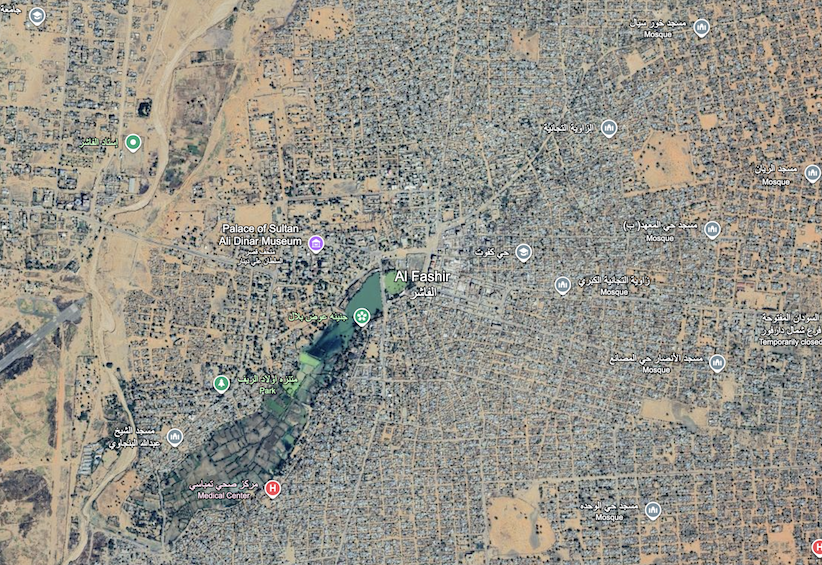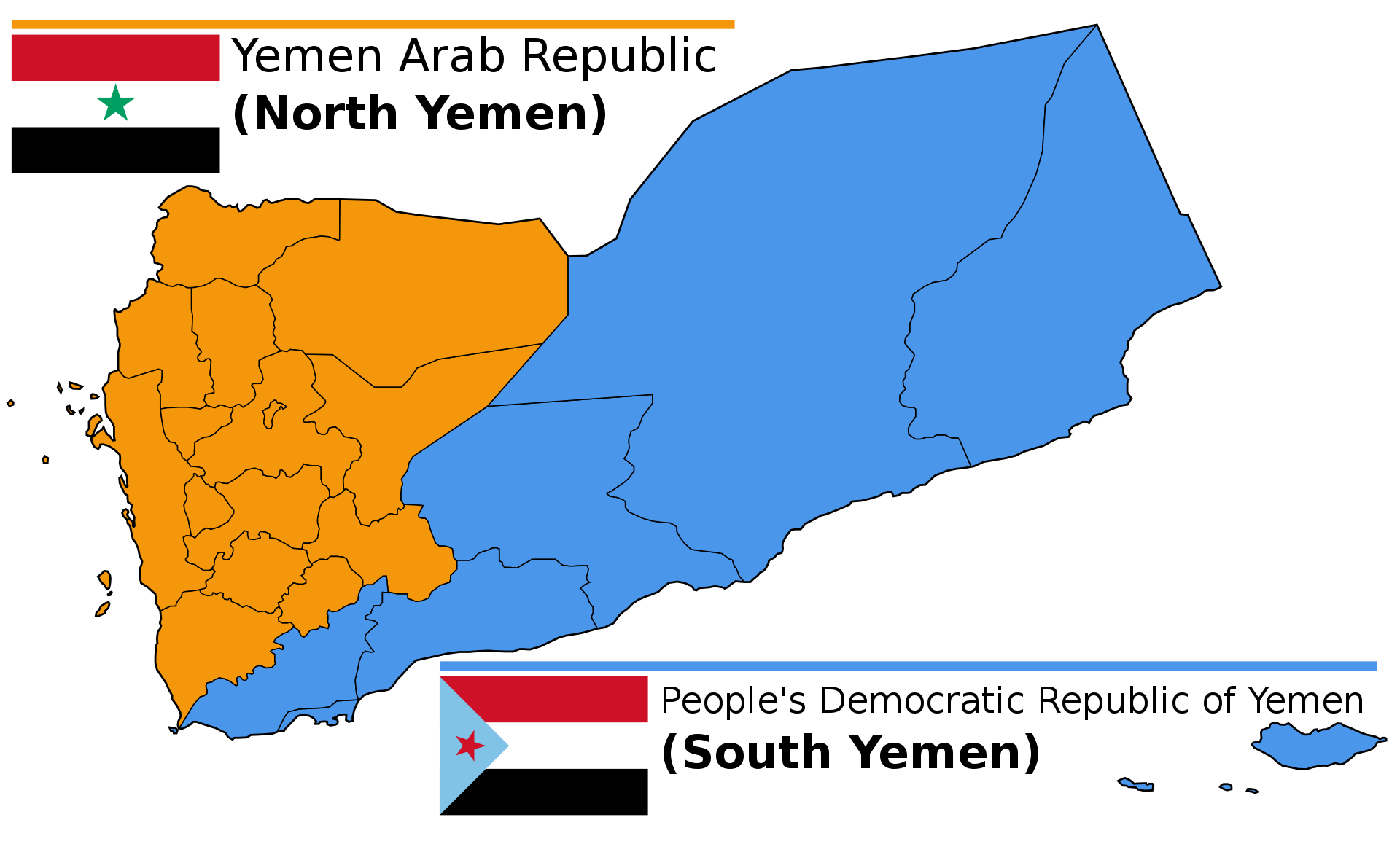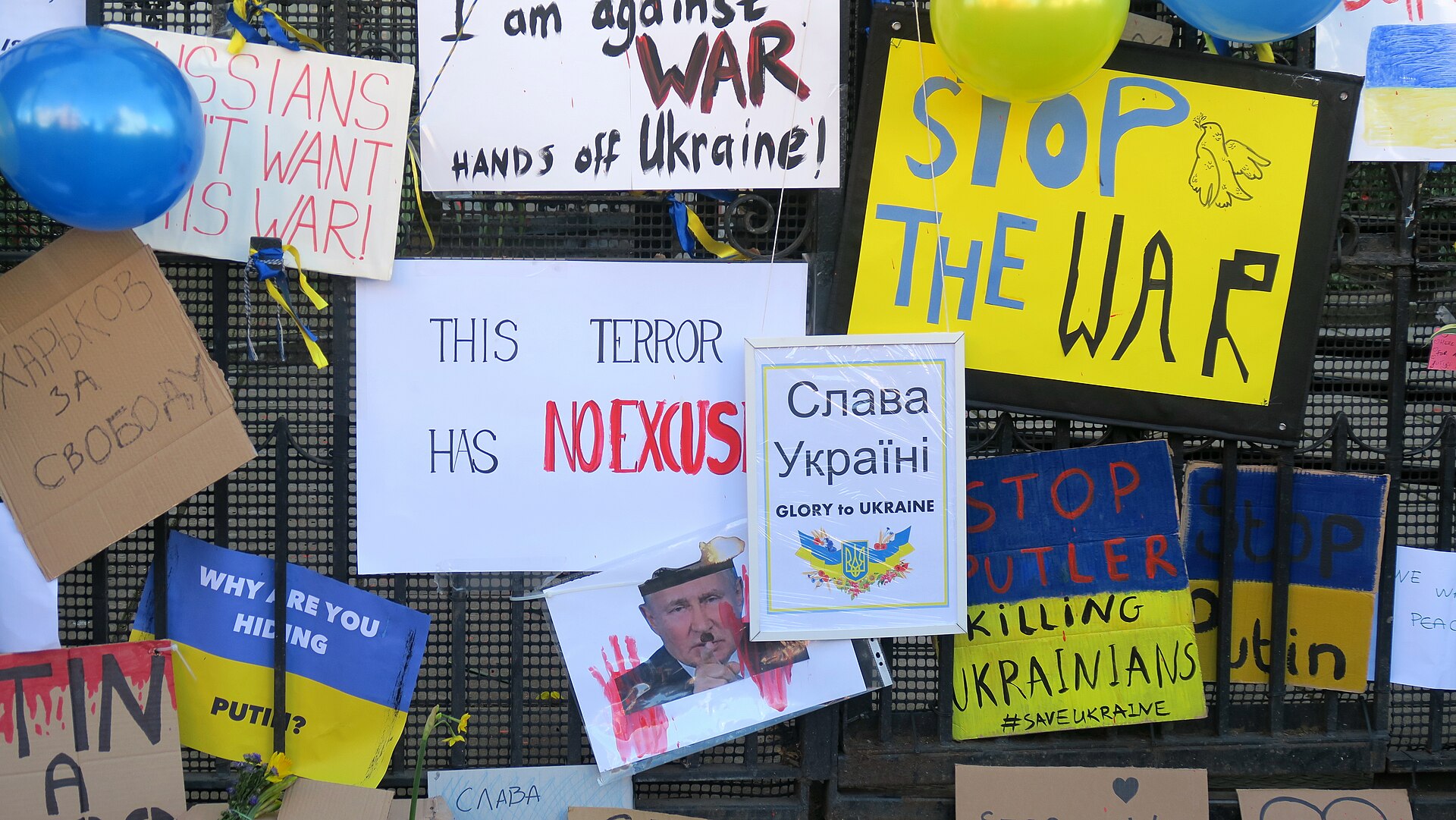
Global commitment crucial for Ukraine justice: Amnesty International
On the fourth anniversary of Russia’s invasion of Ukraine, Amnesty International called on the international community to maintain a steadfast commitment to hold Russia accountable under international law for its crimes and aggression. The statement noted diminishing pressure on Russia, raising concerns about rights protections and prospects for peace in Ukraine. Amnesty’s senior director for research and advocacy Erika Guevara-Rosas commented that “commitments to justice and human rights are weakening as powerful actors grow emboldened to disregard international law and further erode the rules-based order.” (Photo of Russian embassy in London: Kwh1050 via Wikimedia Commons)



